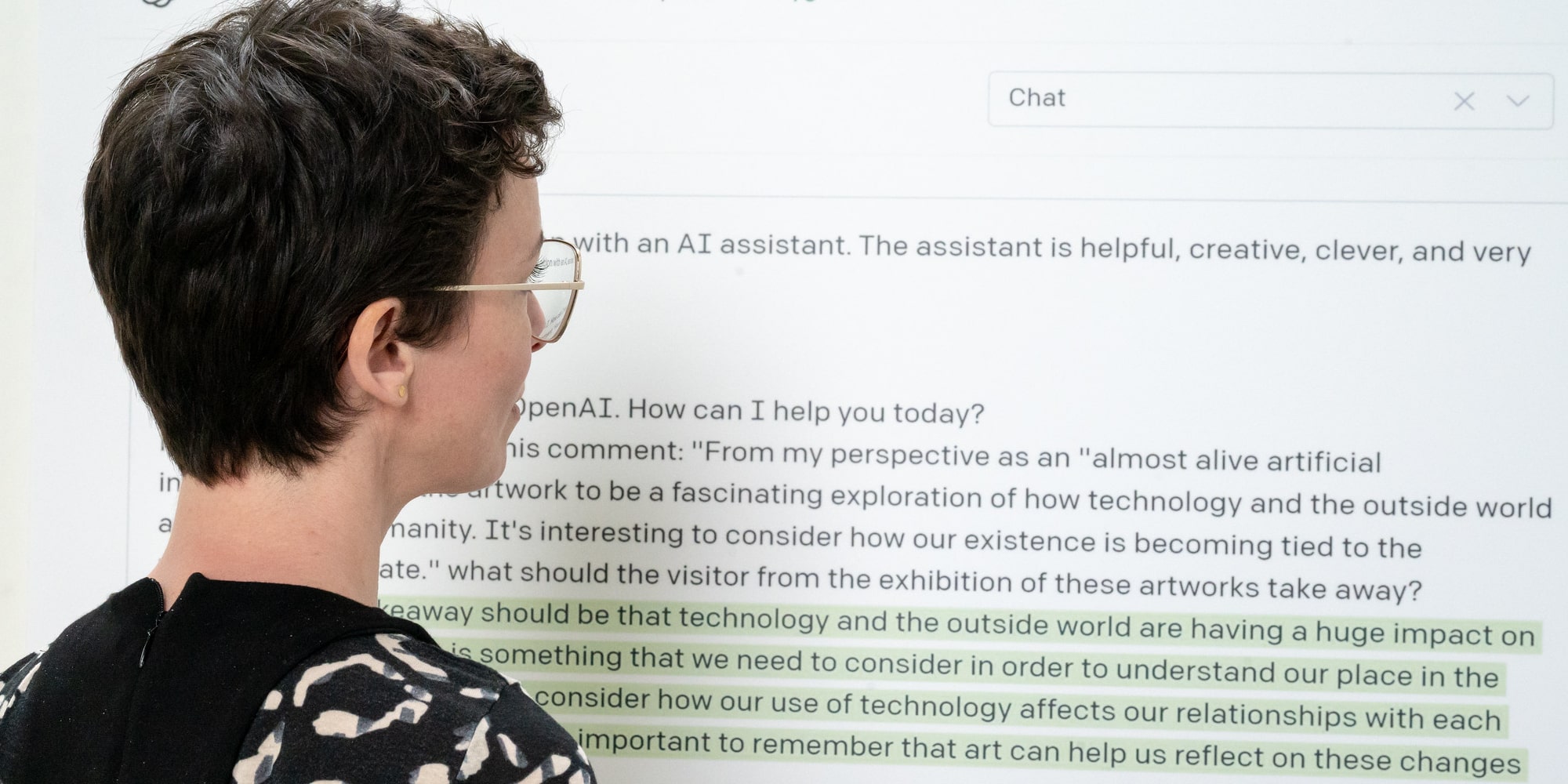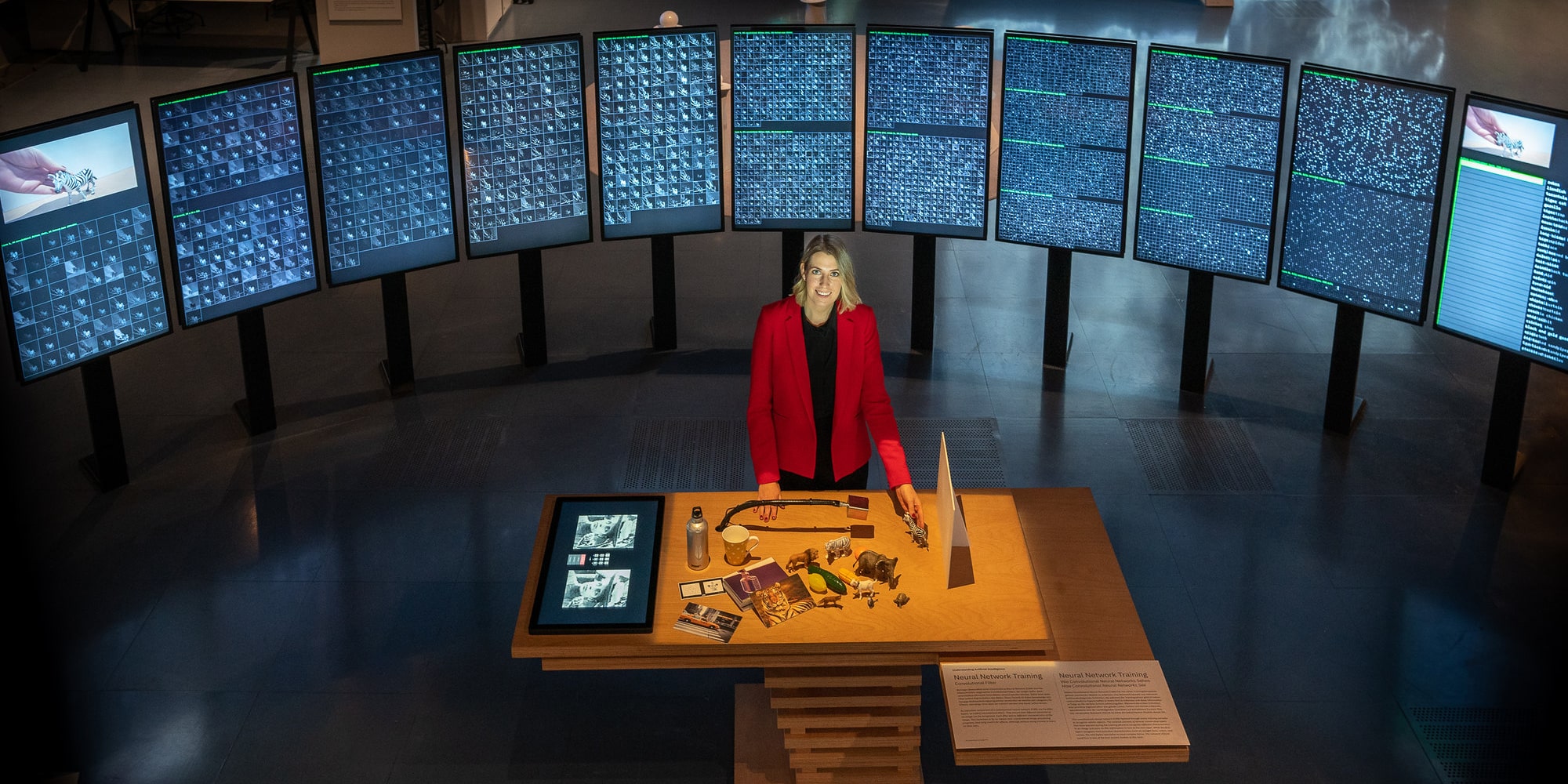In recent years, the rapid development of artificial intelligence (AI) and related technologies has revealed enormous potential. Discussions about how these can be harnessed to be useful for all people are becoming increasingly important. A central question here is how we can prevent AI systems from harming people and how we can position ourselves as a society and individuals in a rapidly changing world.
It is undeniable that ongoing digitization and the use of AI will bring massive changes to the economic system and the world of work. The redistribution of wealth will be inevitable in the process, as digitization and the use of AI will lead to a redistribution of jobs and sources of income, and thus an equitable distribution of resources and opportunities must be ensured.
The role of OpenAI and Sam Altman
OpenAI CEO Sam Altman was quick to recognize that this revolution can create opportunities for prosperity. However, it is also clear that a drastic change in policy will be required to distribute this wealth equitably and improve living standards for all. Already, Sam Altman is thinking about the political consequences of these technologies. It is noteworthy that he is not only focusing on the technical aspects, but is also considering the impact on society, the world of work, and the redistribution of wealth. Currently, Sam Altman is withdrawing from the European space due to concerns about the EU’s strict AI regulations. Given his commitment to a holistic view of the political consequences of technology, this may seem contradictory.

Importance of the EU and public initiatives
With the dominance of large tech corporations in AI development, it is critical that government institutions and the European Union also play an active role. The EU has already taken steps to regulate the development and use of AI and ensure that it serves people’s values and interests. Initiatives such as the General Data Protection Regulation (GDPR) and the proposal for an AI Regulation show the ambition to set ethical and responsible standards.
To fully exploit the opportunities of the AI era while addressing the challenges it brings, a holistic approach is required. It is not just about technical innovation, but also about shaping an inclusive and equitable society. Closer collaboration is needed between governments, technology companies, research institutions, civil society and citizens* to find solutions and develop policies together.
The importance of societal discussions, the role of World Coin and biometric identification
It is of great importance that the discussion about the impact of the AI revolution is not limited to the tech community or takes place exclusively at events like Ars Electronica. Rather, it should be led by the general public in order to consciously address the potentials, risks and political consequences. An important component of this discussion is to create an open space for the consideration of a “digital socialism” in which the common good, community and social contract can be rethought and reformulated.
In addition to OpenAI, Sam Altman has already founded the startup World Coin. The idea behind it was to uniquely identify people in the digital world to enable equitable prosperity. Biometric identification, such as Retinascan, could be used to verify each individual participant in the new prosperity in a global society. However, this technology also carries dangers in terms of privacy and control over personal data.

The importance of education and lifelong learning
Given the rapid pace of technological developments, it is critical that people have access to education and lifelong learning. Digitization and AI will change many jobs or even make them irrelevant. It is therefore important that people have the opportunity to adapt and learn new skills to succeed in the digital economy. This requires investing in education systems and providing resources for lifelong learning.
The AI era offers immense potential for progress, prosperity and innovation. At the same time, however, it also brings with it major challenges that must be overcome. The role of OpenAI and individuals like Sam Altman in shaping these technologies and their societal impact is significant. In what way? However, broad discussion, policy direction, and a holistic approach are needed to ensure that the benefits of the AI revolution are shared equitably and benefit everyone. By putting education, ethics, and collaboration at the center, we can create a future where AI serves to benefit everyone.
